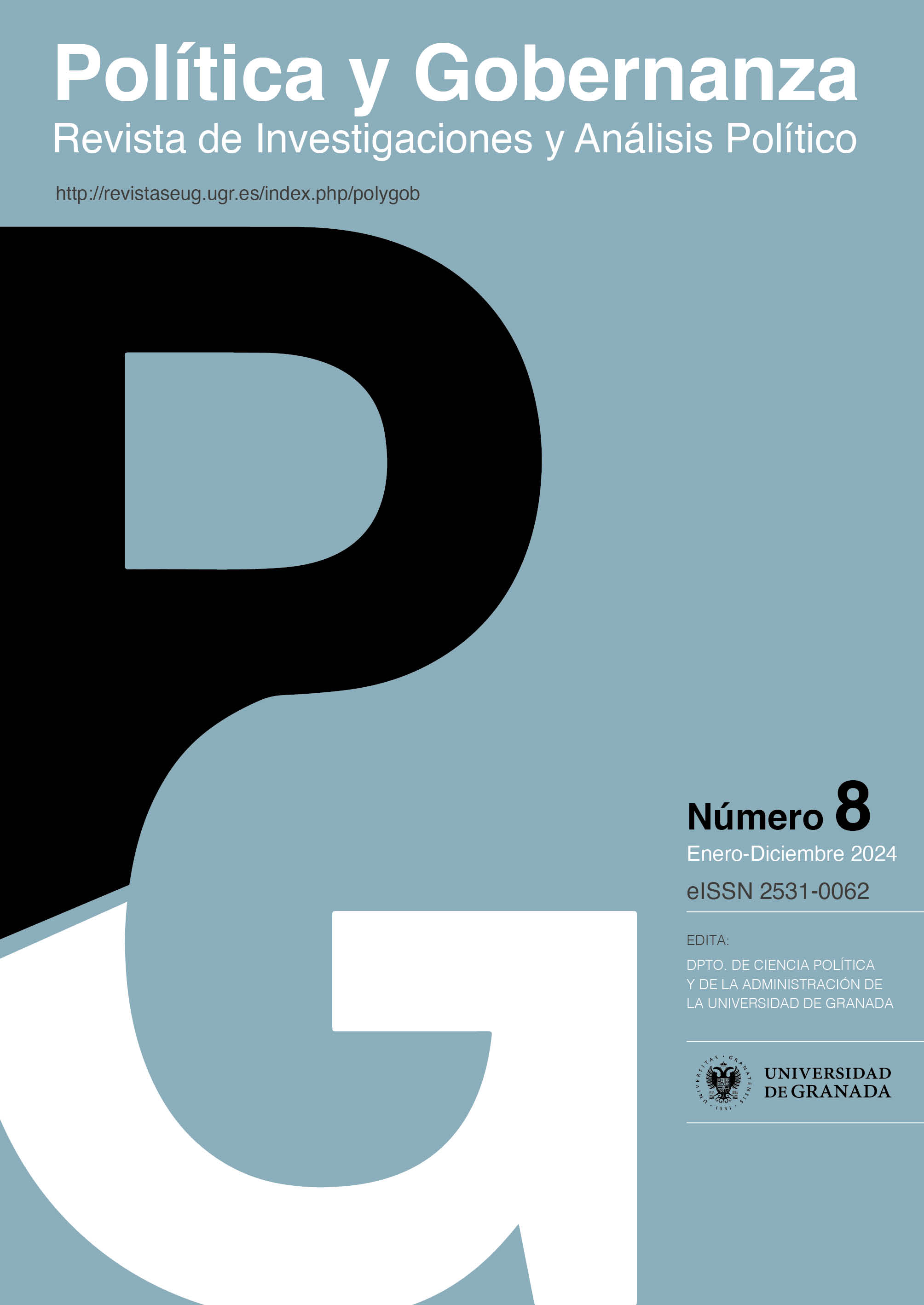Tyranny and Obedience: Openings for a New Democratic Theory
Main Article Content
Abstract
This paper begins by studying internal public spaces with the aim of expanding and creating new avenues within political theory. Specifically, it emph
This paper of political theory constitutes an initial approach that seeks to open new perspectives in contemporary democratic theory. Its central purpose is to underline the need to recognize tyranny as an inherent component of the government of the citizen and to conceive obedience as a creative faculty. These approaches are developed from the analysis of the “internal public spaces” or the “self” of citizens.
The research is based on the contributions of Javier Roiz on the “inner world” of the citizen, as well as on the study and interpretation of fundamental figures of contemporary political theory, such as Leo Strauss (1899-1973), Hannah Arendt (1906-1975) or Herbert Marcuse (1898-1979). It also incorporates the contributions of the psychoanalytic theory of Sigmund Freud (1856-1939) in relation to the government and ungovernments of human life. These references allow a profound rethinking of the conception of the modern citizen, revisiting the roots of the Greek philosophical tradition —origin of our public life— and integrating Mediterranean thought.
As part of a broader investigation, this academic paper is presented as a preliminary note that aims to raise new questions and suggest possible avenues of exploration, rather than to offer definitive conclusions or formulate a set of closed answers.
asizes the need to recognize tyranny as an inherent aspect of governance and to view obedience from a creative perspective. Both approaches are considered essential for building a new, contemporary theory of democracy.



